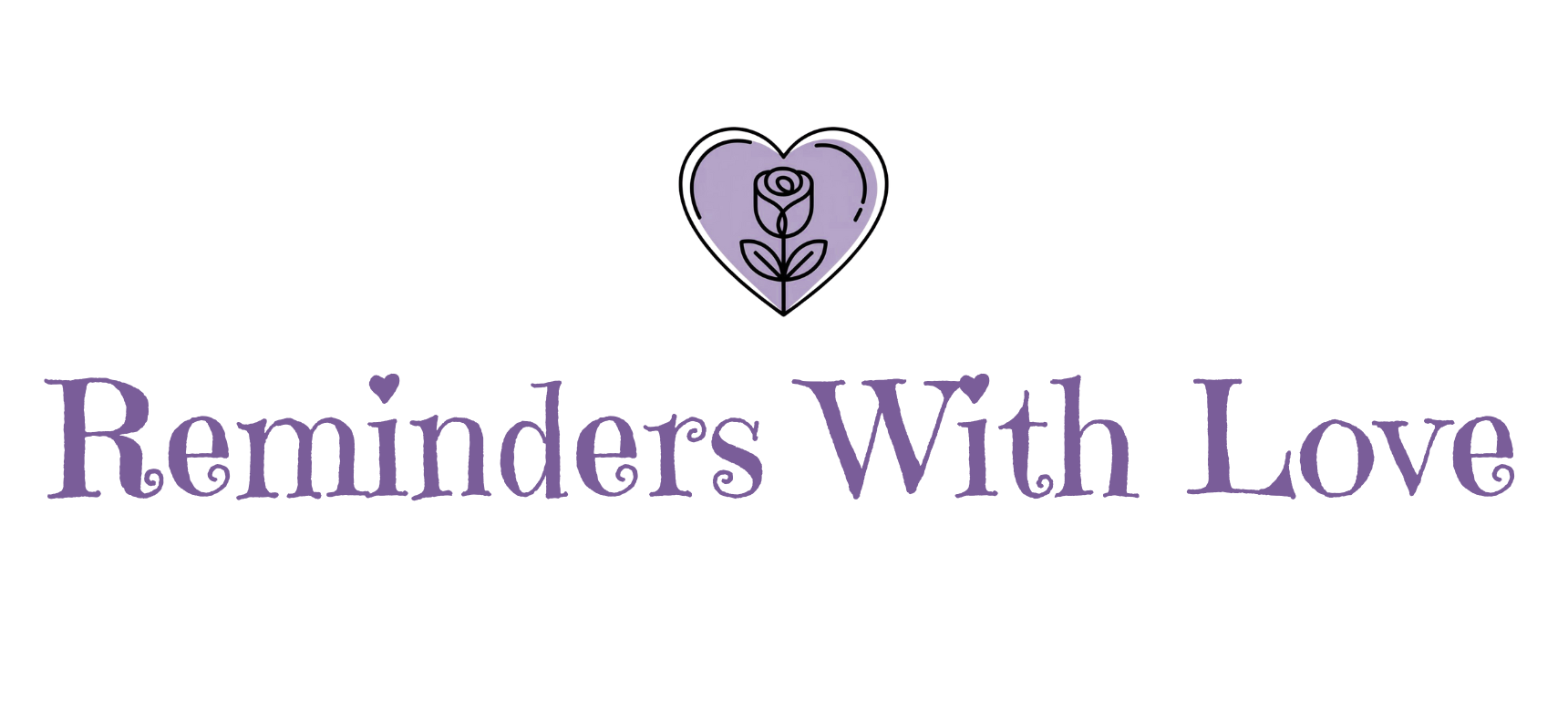Ready to build meaningful connections and improve your relationships in 2025? Let’s explore how to create stronger bonds and find happiness in your connections.
If there’s one thing that truly enriches our lives, it’s the relationships we build along the way. Whether with family, friends, or a partner, having healthy and supportive relationships plays a huge role in our happiness and well-being. As we head into 2025, it’s the perfect time to think about how we can make our connections even more meaningful.
In this guide, I’ll help you understand why relationships are so crucial for your personal well-being, how to identify toxic relationships, and how to set and achieve effective relationship goals. We’ll also discuss how to nurture friendships and resolve conflicts in healthy ways. So, let’s get started on building better relationships in 2025!
The Role of Relationships in Personal Well-Being
Have you ever noticed how the quality of your relationships can impact your mood and overall well-being? Healthy relationships have a significant impact on our physical, emotional, and mental health. When we feel connected to others, we experience a sense of belonging and support that positively affects our lives.
1. Boosting Emotional Health
Positive relationships provide a support system for you to share your feelings and navigate life’s challenges. When you have someone you trust, you feel less stressed and more at ease. Whether it’s talking about your day with a loved one or seeking advice during tough times, having a strong emotional support system is key to maintaining good mental health.
2. Enhancing Self-Esteem
Healthy relationships also contribute to better self-esteem. When you’re surrounded by people who appreciate and value you, it becomes easier to believe in yourself. On the flip side, toxic relationships can diminish your self-worth and leave you feeling drained.
3. Physical Health Benefits
The benefits of strong connections go beyond just emotions—they can also improve your physical health. Studies have shown that people with supportive relationships tend to have lower blood pressure, better immunity, and even live longer. When you feel loved and supported, your body responds positively, reducing stress and promoting overall health.
Identifying Toxic Relationships: When to Let Go
One of the hardest parts of building better relationships is learning when to let go of the toxic ones. It’s important to recognize the signs of a toxic relationship so you can make healthier choices for yourself.
1. Recognizing Red Flags
Toxic relationships often involve manipulation, control, or constant negativity. If someone in your life always puts you down, makes you feel unworthy, or constantly takes without giving, it might be time to re-evaluate that relationship. You deserve to be around people who uplift and support you, not those who bring you down.
2. Letting Go Is Not Easy
I understand that letting go of a toxic relationship isn’t easy. You might feel guilty or afraid of being alone. But in order to make room for healthier, more supportive connections, you need to be willing to cut ties with relationships that no longer serve you. Remember, self-love means prioritizing your own well-being.
3. Seek Support
If you’re struggling to let go, seek support from trusted friends, family, or even a therapist. Sometimes talking about what you’re going through can make the process easier, and the people who genuinely care about you will want to see you thrive.
Setting Relationship Goals: Communication and Trust
Once you’ve identified the relationships you want to invest in, it’s time to set relationship goals for 2025. These goals can help you strengthen the bonds with those who matter most.
1. Prioritizing Communication
One of the most important aspects of any relationship is communication. Open and honest communication is the foundation of trust. Make it a goal to have more meaningful conversations with your loved ones. Instead of just talking about daily routines, try to share your thoughts, fears, and dreams.
2. Building Trust
Trust takes time to build, but it is crucial for any relationship to thrive. Be consistent, keep your promises, and always be honest. Remember, trust is a two-way street—it’s about being trustworthy and trusting others in return. If trust has been broken, rebuilding it may take time, but with patience and effort, it’s possible.
3. Listening Actively
Sometimes, we’re so focused on expressing ourselves that we forget to truly listen to others. Make an effort to listen without judgment or interruption. When you listen with empathy, it strengthens the emotional connection and helps you understand where the other person is coming from.
Nurturing Friendships: Making Time for Loved Ones
Friendships are an essential part of our support system, but in our busy lives, it’s easy to let friendships fall by the wayside. This year, let’s make a commitment to nurture friendships and show our friends just how much they mean to us.
1. Schedule Regular Catch-Ups
One way to maintain friendships is by scheduling regular catch-ups. It doesn’t have to be anything fancy—a simple coffee date or a walk in the park can be enough. The key is to be consistent and make time for your friends, even if it’s just a phone call to check in.
2. Show Appreciation
Showing appreciation goes a long way in nurturing friendships. Acknowledge the little things your friends do for you, and let them know how much you value their presence in your life. Sometimes a simple “thank you” or “I appreciate you” can make all the difference.
3. Be There During Tough Times
True friends are there for each other not only during the good times but also during the tough ones. If a friend is going through a hard time, be there to offer support, even if it’s just to listen. Your presence can mean the world to them.

Resolving Conflicts: Strategies for Healthy Relationships
Conflict is a natural part of any relationship, but the way you handle it can make or break your connection. Resolving conflicts in a healthy way is essential for building better relationships in 2025.
1. Address Issues Early
When an issue arises, try to address it sooner rather than later. Bottling up your feelings can lead to resentment and make the conflict more difficult to resolve. Approach the situation calmly and express how you feel using “I” statements, such as “I feel hurt when…” instead of blaming the other person.
2. Find Common Ground
Conflict resolution is not about winning—it’s about finding a solution that works for both parties. Try to find common ground and understand the other person’s perspective. Compromise may be necessary, but it’s worth it if it means maintaining a healthy and happy relationship.
3. Take a Break if Needed
Sometimes emotions can run high during a disagreement, and it’s okay to take a break if you need it. Step away, calm down, and revisit the conversation when both of you are ready to discuss things with a clear mind. It’s better to take a break than say something you’ll regret later.
Final Thoughts
Building better relationships in 2025 is about making intentional choices that prioritize your well-being and the well-being of those you care about. By recognizing the importance of relationships in your life, letting go of toxic connections, setting relationship goals, nurturing friendships, and resolving conflicts in a healthy way, you can create deeper and more meaningful connections.
It all starts with you. Take small steps, be patient, and watch your relationships flourish in 2025. After all, life is better when shared with people who uplift and support you.Let’s make 2025 a year of love, connection, and meaningful relationships!











